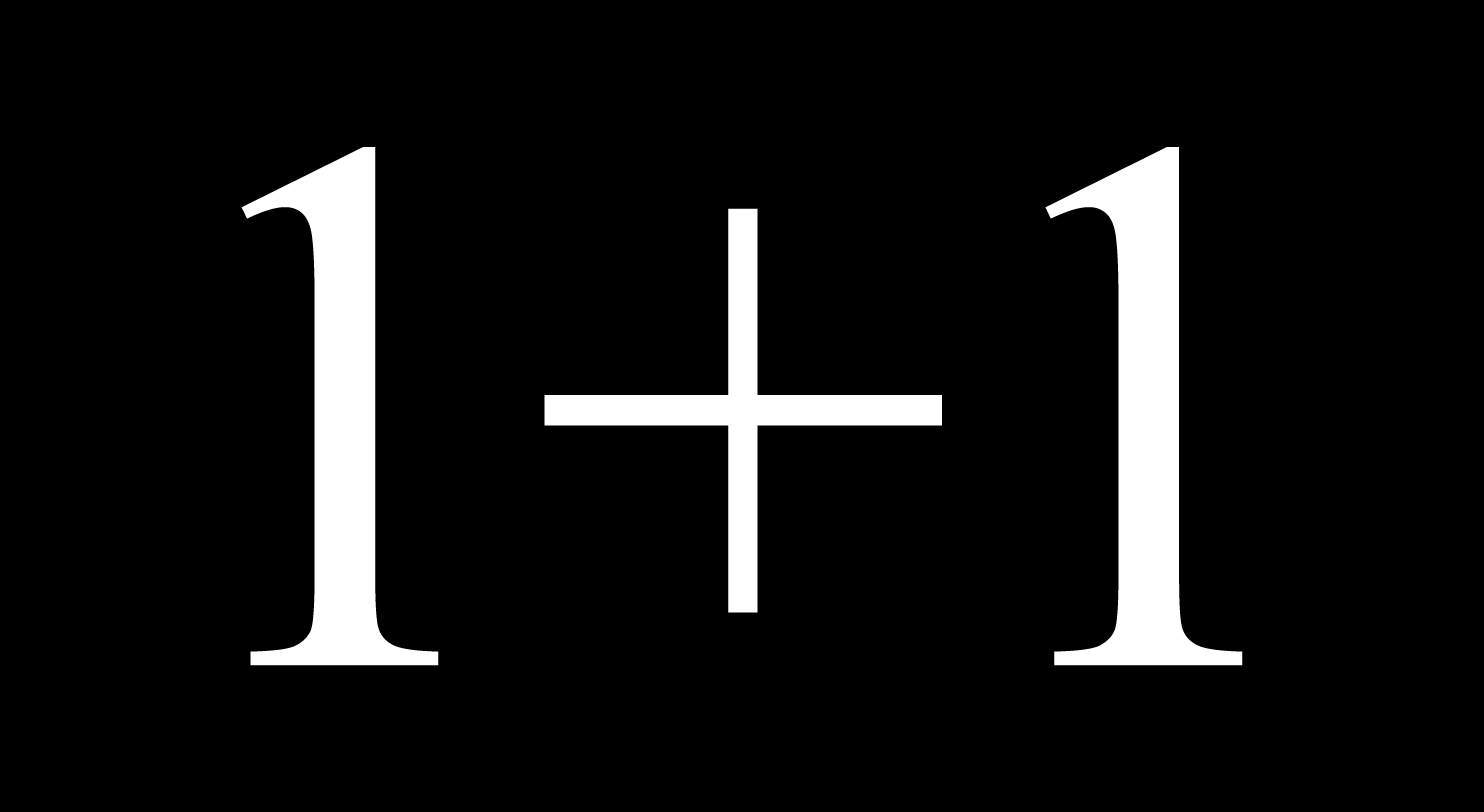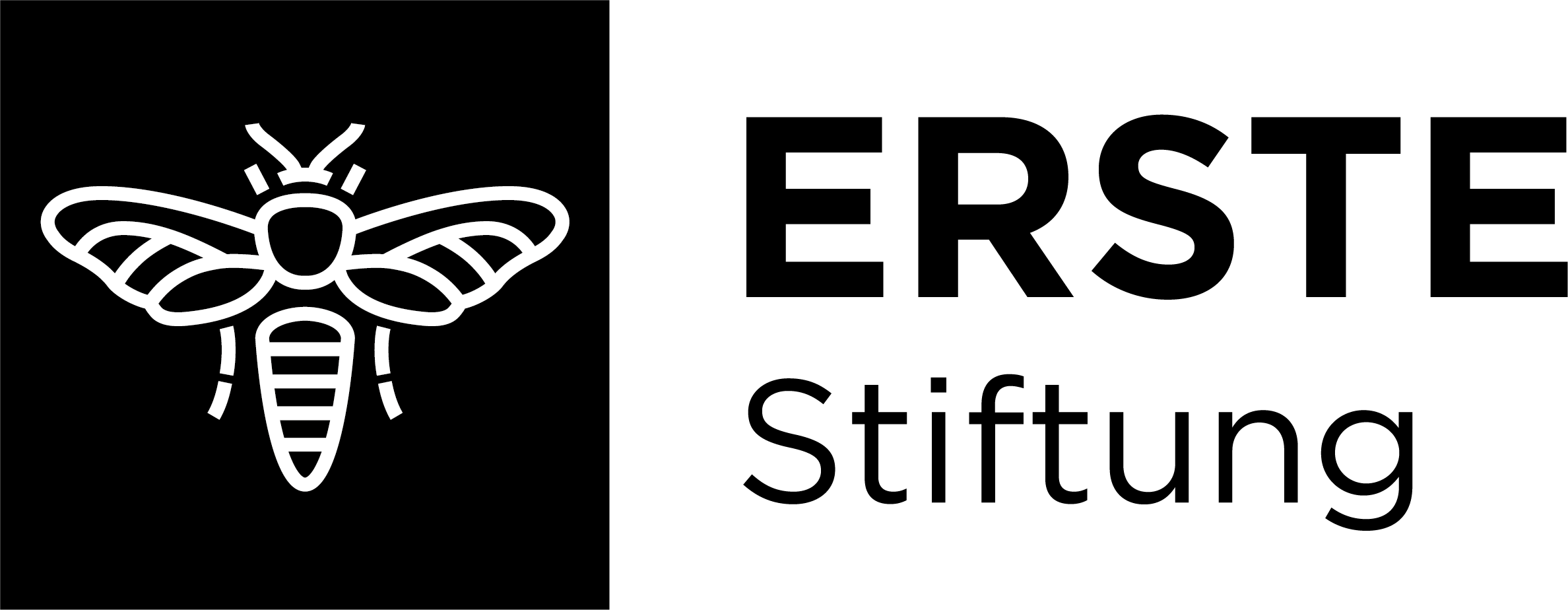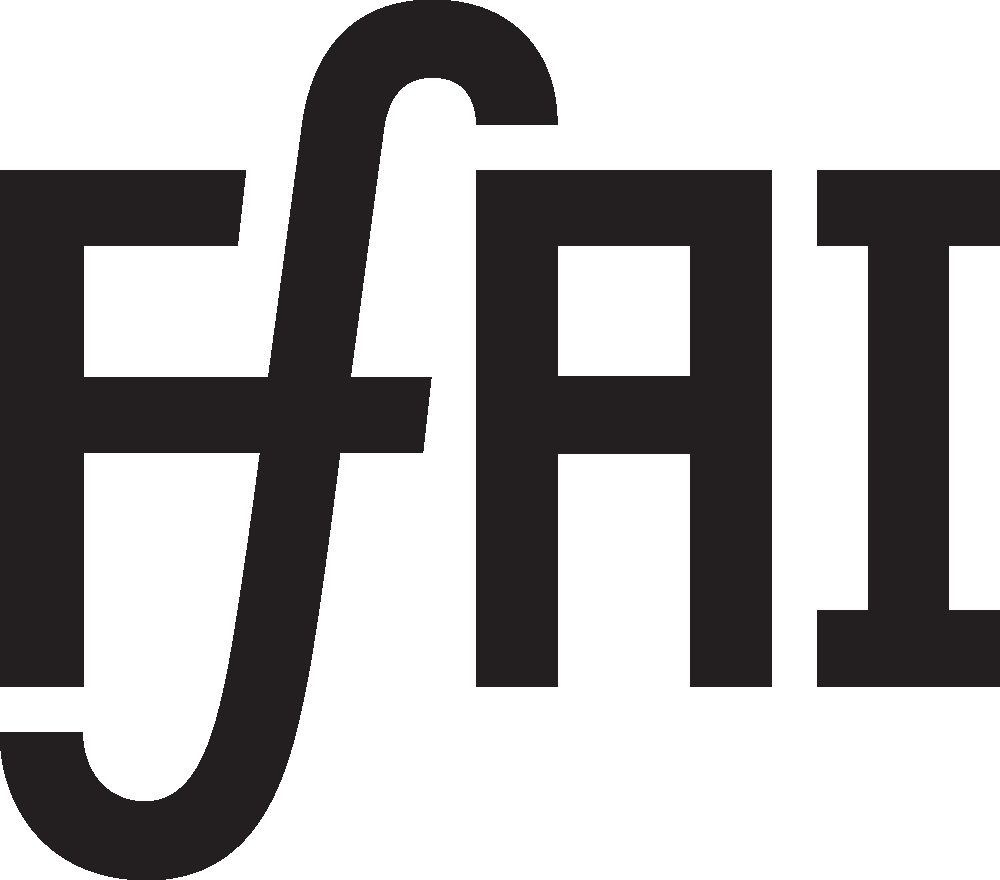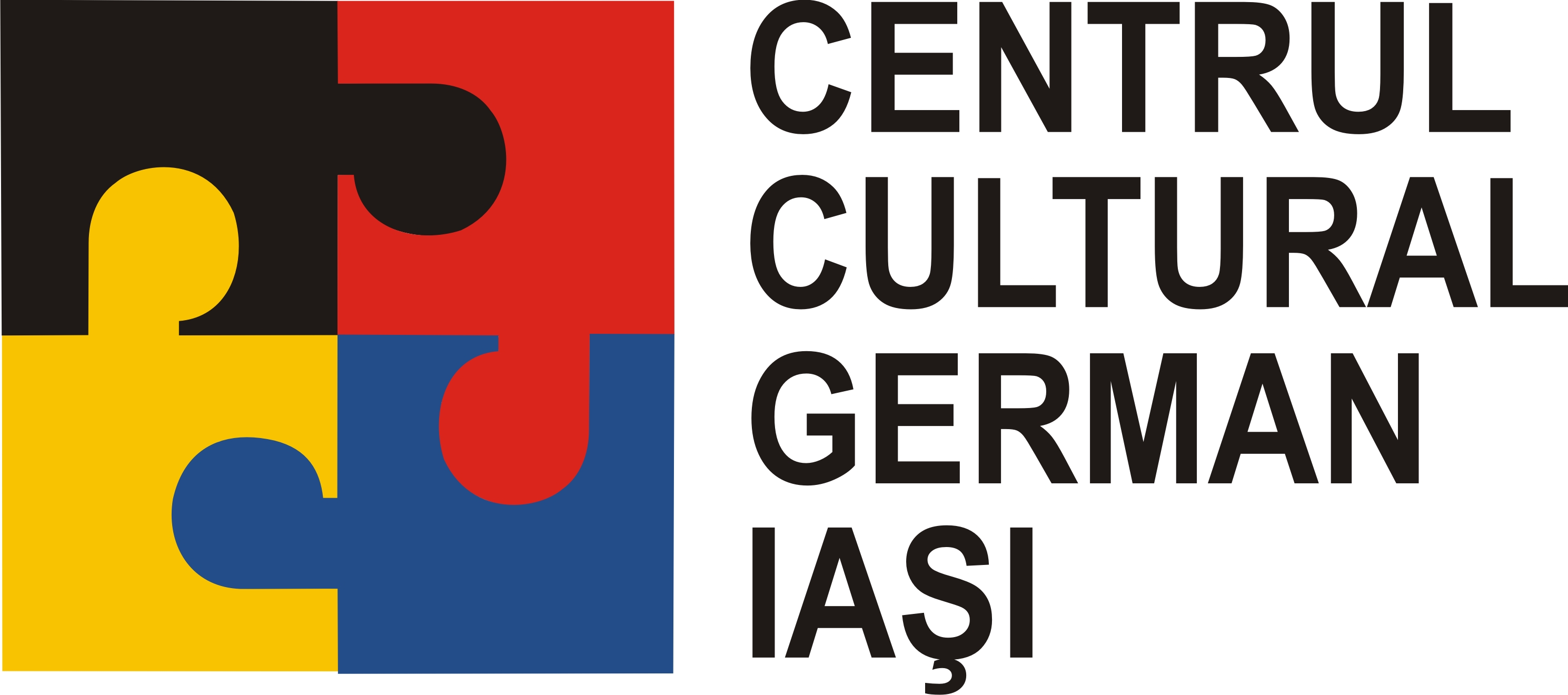 |
Recent Developments in Soviet Legal Theory Author(s): Rudolf Schlesinger |
During the thirties Soviet ideology clearly developed in the direction of accepting the State as the organization of Socialist Society, an organization which, if not ultimate, is in any case regarded as definitive for any period admitting of human estimation. This development could not fail decisively to change the outlook of Soviet legal theory. Following the lines of classical Marxian thought, Soviet legal theory had originally looked upon State and Law as superstructures essentially based upon the foundations of bourgeois society and to be used by a proletarian dictatorship only for a relatively short transitional period. Nearly all studies of Soviet legal theories published outside the Soviet Union have been exclusively concerned with developments during this first phase, i.e. in fact during the first fifteen years following the end of the Civil War.
The subsequent events have not only been neglected by Western observers, but their analysis has even been declared to be “uninteresting” by writers who paid more attention to the external circumstances of the “purges” than to the fundamental issues which were involved in that great political crisis. In fact, the most interesting problem of Soviet legal development, viz. the problem of a specific theory of Socialist Law, arises just at the point where the need for such a theory is recognised in principle. There could be no such recognition as long as law was regarded as a mere “bourgeois fetish,” bound to “wither away” as a consequence of the success of collectivism.
Tokom tridesetih godina sovjetska ideologija se jasno razvijala u tom pravcu prihvatanja države kao organizacije Socijalističkog društva, organizacije koja se, ako ne i krajnja, u svakom slučaju smatra definitivnom za bilo koji period u kome se priznaje ljudska procena. Ovaj razvoj događaja nije mogao odlučno da promeni pogled na sovjetsku pravnu teoriju. Prateći linije klasične marksističke misli, sovjetska pravna teorija je prvobitno gledala na državu i pravo kao na nadgradnje koje su u suštini zasnovane na temeljima buržoaskog društva i koje će proletska diktatura koristiti samo u relativno kratkom prelaznom periodu. Skoro sve studije o sovjetskim pravnim teorijama objavljene van Sovjetskog Saveza su se isključivo bavile razvojem tokom ove prve faze, odnosno tokom prvih petnaest godina nakon završetka građanskog rata.
Događaji koji su sledili nisu bili zanemareni od strane zapadnih posmatrača, ali je njihova analiza čak bila proglašena za “nezanimljivu” od strane autora koji su više pažnje posvetili spoljnim okolnostima “čistki” nego temeljnim problemima koji su postojali za vreme te velike političke krize. Zapravo, najzanimljiviji problem sovjetskog pravnog razvoja, tj. problem speficične teorije socijalističkog prava se pojavljuje na tački gde se u načelu prepoznaje potreba za takvom teorijom. Moglo je da be bude takve potrebe dokle god je pravo smatrano za čist “buržoaski fetiš”, vezan za “odumiranje” kao posledicu sukcesije kolektivizma.
Key words: authors/Rudolf Schlesinger, language/ English, countries/ Soviet Union, soviet legal theory, state, socialist society, bourgeois society, Marxism, law, superstructure, dictatorship of the proletariat, bourgeois fetish, collectivism
ključne reči: autori/ Rudolf Schlesinger, jezik / engleski, zemlje / sovjetski savez, sovjetska teorija prava, država, socijalističko društvo, buržoasko društvo, marksizam, pravo, nadgradnja, diktatura proletarijata, buržoaski fetiš, kolektivizam










